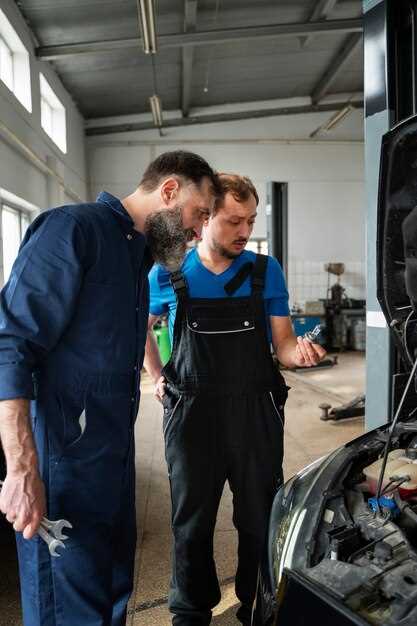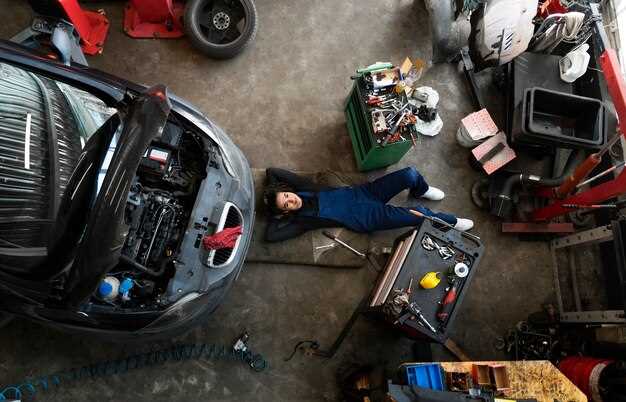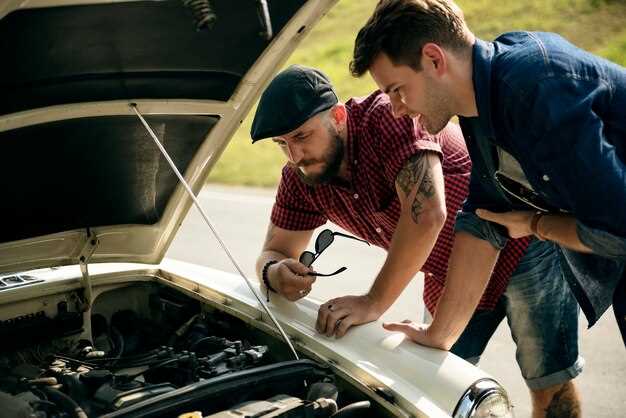
Owning a Dodge Charger is an exhilarating experience, combining style and performance in one impressive package. However, maintaining this powerful vehicle is crucial to ensure its longevity and optimal functioning. When it comes to maintenance, car owners often face a difficult decision: should they take on the task themselves or seek the expertise of a professional mechanic? Each option has its own set of advantages and potential drawbacks that merit careful consideration.
DIY maintenance allows owners to save money and get hands-on experience with their vehicle, fostering a deeper understanding of its mechanics. Performing simple tasks like oil changes, filter replacements, and brake inspections can be done at home with the right tools and knowledge. On the flip side, not all car enthusiasts possess the intricate technical skills needed for more complex repairs, which may lead to mistakes that could compromise the vehicle’s performance and safety.
Conversely, enlisting a professional mechanic ensures that any maintenance or repair work is done correctly and efficiently, utilizing specialized knowledge and tools. Professionals can quickly diagnose issues that may be overlooked by inexperienced owners, potentially preventing future problems. However, this convenience comes at a cost, and regular trips to the mechanic can add up, impacting the overall affordability of vehicle upkeep.
Ultimately, the decision between DIY and professional maintenance for your Dodge Charger hinges on your personal capabilities, budget, and the specific needs of your vehicle. Understanding the advantages of both options will empower you to make an informed choice that best suits your lifestyle and automotive needs.
Identifying Common Maintenance Tasks You Can Handle Yourself

Owning a Dodge Charger comes with the responsibility of regular maintenance to ensure optimal performance and longevity. Fortunately, there are several common maintenance tasks that you can handle yourself, making them excellent candidates for a DIY approach. By taking on these tasks, you can save money and gain a better understanding of your vehicle.
One of the most straightforward tasks is changing the engine oil and oil filter. Regular oil changes are vital for the health of your engine, and with basic tools, you can easily complete this task in your garage. Be sure to consult your owner’s manual for the correct oil type and change intervals.
Another essential maintenance routine is replacing air filters. Both the engine air filter and cabin air filter can be checked and replaced without professional help. A clean air filter improves engine efficiency and provides better air quality inside the vehicle. This is a simple task that typically requires just a few minutes and minimal tools.
Tire maintenance is another area where DIY skills can come in handy. Regularly checking tire pressure and tread depth is crucial for safe driving. If you notice uneven wear or low tread, rotating your tires can extend their lifespan and enhance performance. Many chargers come with a spare tire and jack, enabling you to replace a flat with ease.
Additionally, inspecting and replacing windshield wipers is a simple task that greatly enhances your visibility during adverse weather conditions. Most wiper blades come with clear instructions for removal and installation, making this an easily manageable DIY project.
Lastly, keeping an eye on your brake fluid and coolant levels can help you avoid more significant issues down the line. Checking these fluids periodically and topping them off as needed is a simple process that requires no specialized knowledge and can prevent potential breakdowns.
By identifying and handling these common maintenance tasks, you can keep your Dodge Charger in excellent condition while cultivating valuable DIY skills. Embracing a hands-on approach to vehicle care not only saves money but also instills a sense of pride and accomplishment.
Evaluating the Costs of Professional vs. DIY Maintenance
When it comes to maintaining your Dodge Charger, understanding the costs associated with professional services versus DIY maintenance is crucial for making an informed decision. Each option has its financial implications, which can significantly affect your budget.
Professional Maintenance typically involves taking your vehicle to a certified mechanic. The costs here can vary widely depending on the location, the mechanic’s experience, and the specific services required. For example, an oil change might cost around $50 to $100 at a shop, while more extensive services like brake replacements or transmission work can run into the hundreds or even thousands of dollars. This price includes labor fees, which usually represent the bulk of the cost, as well as any necessary parts.
On the other hand, DIY Maintenance can be a more cost-effective approach if you have the tools, skills, and time to perform the work yourself. Basic tasks, such as changing the oil, replacing air filters, or switching out brake pads, can be executed at a fraction of the cost of professional services. For instance, an oil change might only require about $30 to $40 for materials, assuming you already own the necessary tools. However, it’s essential to factor in your time and potential mistakes that could lead to more significant expenses down the line.
Moreover, while DIY maintenance can save money initially, there are also risks involved. If a task is performed incorrectly, it could lead to damage that requires professional intervention later, nullifying any initial savings. Thus, the long-term financial implications of DIY projects should be carefully assessed.
In conclusion, evaluating the costs of professional maintenance versus DIY involves more than just looking at immediate expenses. It’s vital to consider the value of your time, expertise, and the potential for additional costs from errors. Making the right choice will depend on your personal situation, including your comfort level with car maintenance and your financial priorities.
Understanding When to Seek Help from a Mechanic

While DIY maintenance can be rewarding and cost-effective, there are situations where seeking help from a professional mechanic becomes essential. Recognizing the signs that indicate the need for expert assistance can save time, ensure safety, and prevent further damage to your Dodge Charger.
One of the primary indicators is the complexity of the issue. If you encounter problems with the engine, transmission, or electrical systems, these components often require specialized knowledge and tools that the average DIY enthusiast may not possess. Complex mechanical failures can lead to serious consequences if not correctly diagnosed and repaired.
Additionally, if the symptoms are unclear or vague, it’s advisable to consult a mechanic. Unusual noises, warning lights, or performance issues that don’t fit a specific pattern may point to underlying problems that need expert investigation. A mechanic can utilize diagnostic tools to pinpoint the issue accurately.
Another important factor is your own comfort and skill level. If the repair exceeds your technical abilities or you feel uncertain about the process, it’s best to lean on professional experience. Mistakes in repairs can lead to greater expenses or compromise vehicle safety.
Lastly, consider the timeline for repairs. DIY fixes can take longer, particularly if ordering parts or conducting research is involved. If you’re in urgent need of your vehicle and cannot afford the wait, a mechanic can expedite the process with access to the right parts and tools. Recognizing when to transition from DIY to professional help ultimately ensures the longevity and reliability of your Dodge Charger.




